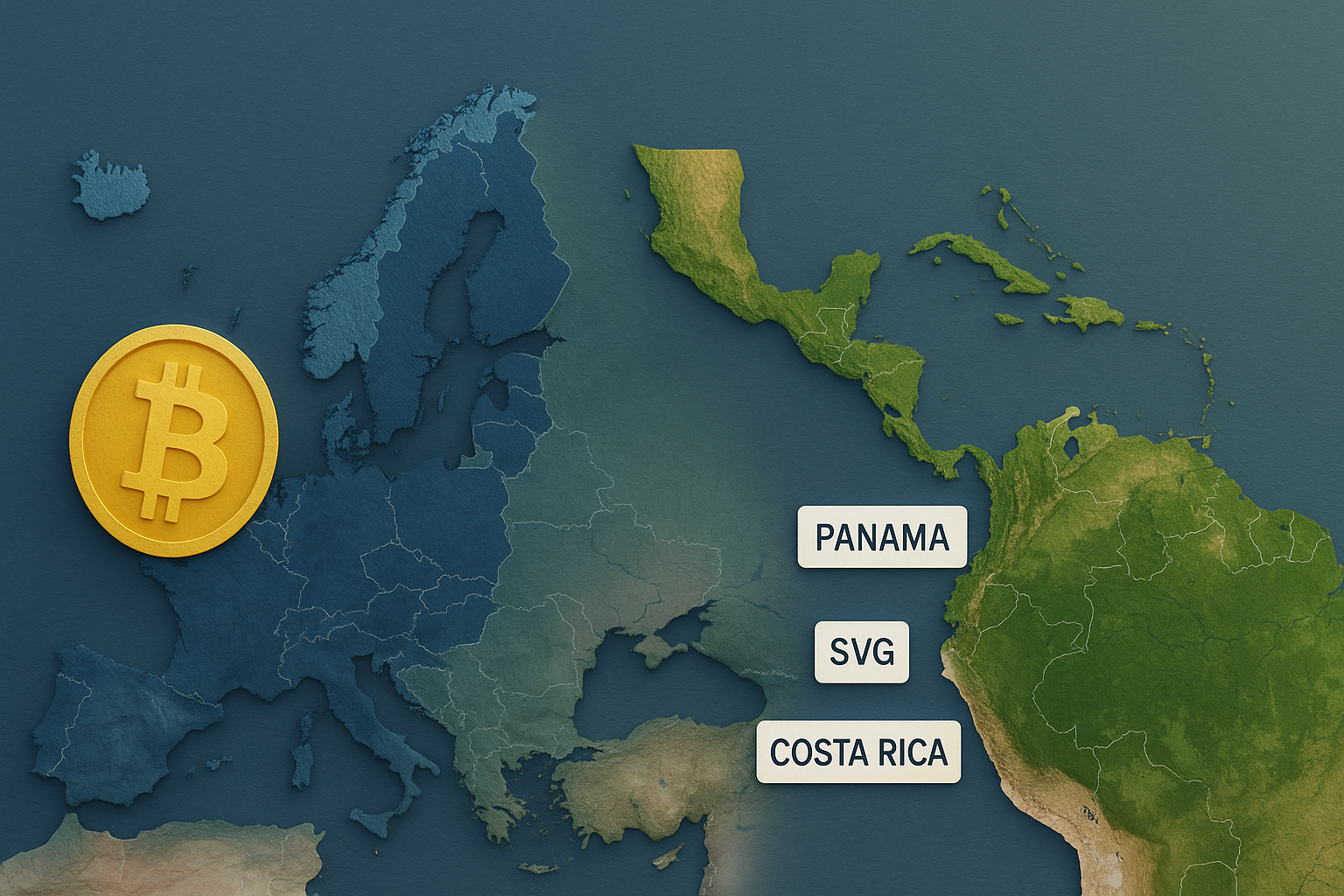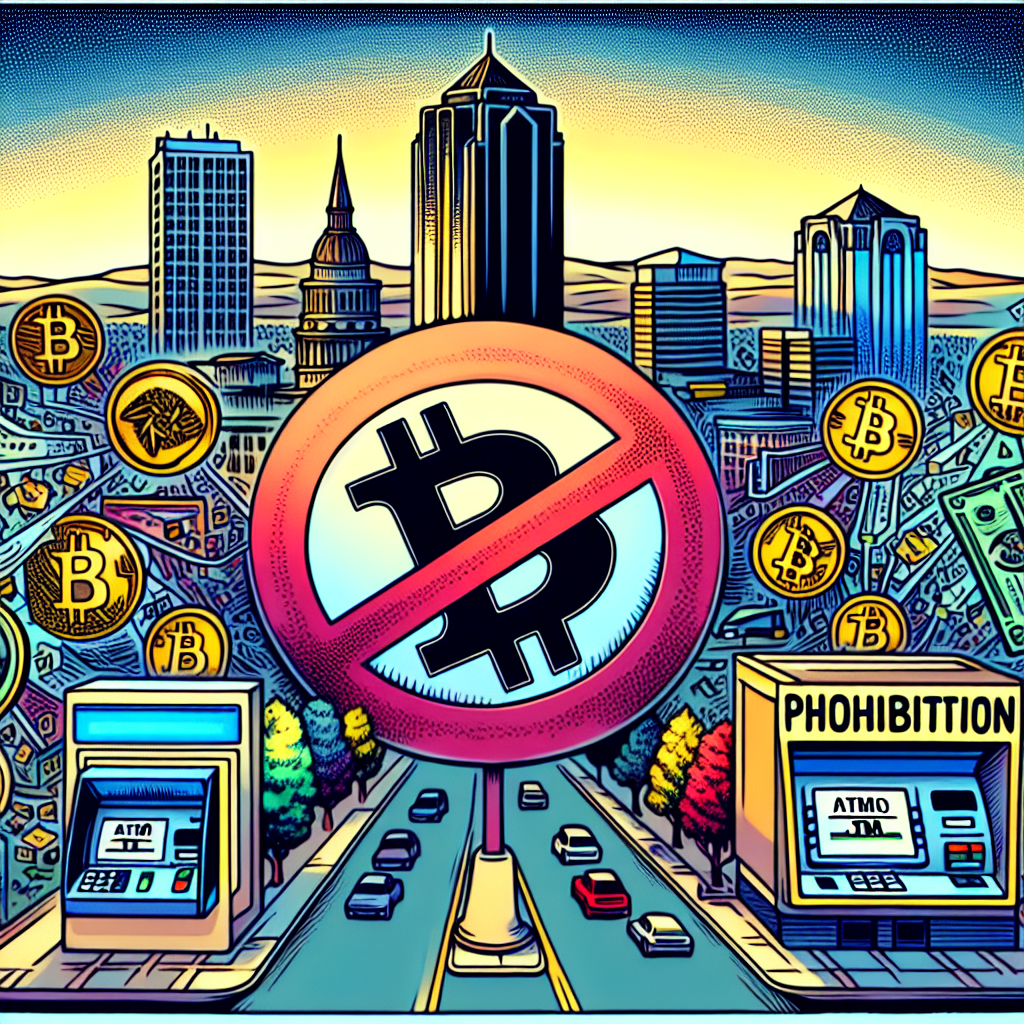Coinbase, the prominent cryptocurrency exchange, has announced its decision to delist Wrapped Bitcoin (WBTC) from its platform. The move has stirred controversy and mixed reactions in the crypto community, as it represents the first time an exchange has taken such action against a DeFi token.
Coinbase, the prominent U.S.-based crypto exchange has triggered controversy following its recent decision to delist the DeFi token, Wrapped Bitcoin (WBTC). The action marks the first time an exchange has decided to remove a DeFi token from its platform, causing varied reactions from players in the crypto market.
The Announcement to Delist WBTC
The announcement came as a surprise to the crypto community. Coinbase, which has been known to adopt an accommodating stance towards most cryptocurrencies, revealed the decision through an official announcement. However, it did not disclose specific reasons for this action against WBTC. The only clue given was a mention of ‘regulatory standards’, leaving many to speculate on the factors that might have led to this drastic move.
Understanding Wrapped Bitcoin (WBTC)
Wrapped Bitcoin (WBTC) is an ERC-20 token that represents Bitcoin (BTC) on the Ethereum blockchain. Its value is pegged to Bitcoin in a 1:1 ratio. This blending of Bitcoin’s limited supply and Ethereum’s flexibility in smart contracts has made WBTC a hit, thereby making Coinbase’s decision all the more bewildering to the crypto community.
Impact of Coinbase’s Decision
Given Coinbase’s stature in the global crypto market, its move to delist WBTC is expected to have significant implications. Many industry observers have noted this could deter other exchanges from supporting the DeFi token. However, it’s also plausible that the absence of WBTC on Coinbase might usher in opportunities for other DeFi tokens to gain traction.
Reactions from the Crypto Community
Discussions around Coinbase’s decision have taken different directions. Some crypto enthusiasts viewed the decision as an act against the decentralized finance movement, while others believe it may be a calculated move to streamline Coinbase’s offerings. The delisting has also sparked debates about the future of other DeFi tokens on the platform and whether they could be subject to delisting too.
What’s Next for WBTC?
While the future of WBTC following this delisting remains uncertain, it’s worth noting that WBTC is still supported by several other major crypto exchanges. The decision by Coinbase does not necessarily signify a total rejection of WBTC by the wider market, but it does raise questions about its viability in the face of evolving regulatory standards.
In conclusion, while the news of Coinbase delisting WBTC has created a stir in the crypto community, it also serves as a reminder of the regulatory hurdles and intricacies that continue to surround the world of DeFi tokens. More importantly, it has sparked a conversation on the importance of regulatory compliance in this largely unregulated market.






